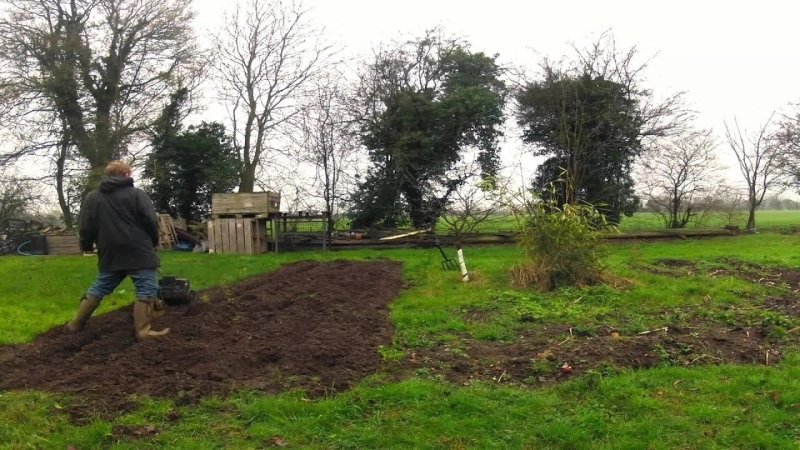It might not be worth it if you are only looking to rotavate a tiny area and not to a large extent. The second factor is the duration it will take away. If you have a large garden, rotavating your soil could be a massive saving of time. In addition, you should take a look at the conditions of the earth. If the soil is compact, rotavating it may help loosen it, making it more manageable for you to work with. Is Rotavating your soil worth it?
Introduction
When getting your soil to plant, you might have been told that rotavating is the best option. But is it worth the effort? Let's examine the advantages and disadvantages of rotating to help you decide.
The Benefits of Rotavating your Soil.
Rotavating Breaks Up Compacted Soil
When your soil has become compacted, the process of rotavating could help break the ground, allowing air and water to get through more efficiently. This is beneficial to the overall health of your plants.
Rotavating Mixes of Nutrients and Fertilizers
Rotavating can also mix fertilizers and nutrients evenly across the soil. This is beneficial in ensuring that your plants get the nutrients they require.
Rotavating helps prepare the soil to be planted.
Another advantage of Rotavating will is that it can prepare the soil to be planted by creating airy, loose soil, which is perfect for growing seedlings or transplants.
The Negatives Of Rotavating Your soil.
Rotavating Can Destroy Soil Structure
A rotavator's blades could tear up soil and make it challenging for the roots to penetrate, reducing the soil's capacity to store water. This could be a problem for areas susceptible to drought.
Rotavating can bring weeds and other pests to the surface
Rotavating may introduce weed seeds and problems previously buried in the soil onto the surface, where they will grow and cause issues for your garden.
Rotavating Can Be Expensive
It can be expensive to employ someone to handle the job and rotavating. If you decide to do this yourself, you'll have to purchase or lease an excavator. This can be costly.
The Bottom Line.
Rotavating is pros and Cons, but ultimately it's up to the gardener.
There isn't a universal answer to the question of whether or to let your soil rot because the choice is based on several aspects. If your soil is compacted and mixed with fertilizers and nutrients regularly and you wish to prepare your soil before plant growth, then rotavating could be worth the effort. But if you're worried about damaging the soil structure, bringing pests and weeds to surfaces, and the cost of rotavating, you might want to think about alternative options. In the end, it's yours as a gardener.
Conclusion
When you read this article, It's evident that rotavating your soil has many advantages and disadvantages. Ultimately, it's the gardener's responsibility to decide if the practice is appropriate in their yard. If you're unsure about rotavating your soil, why not give it a go? You might be amazed by the outcomes!
0


